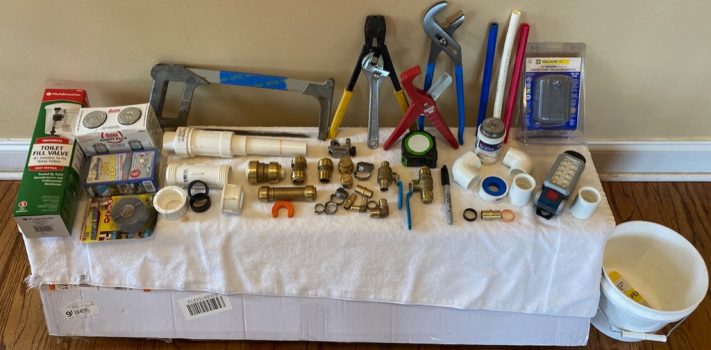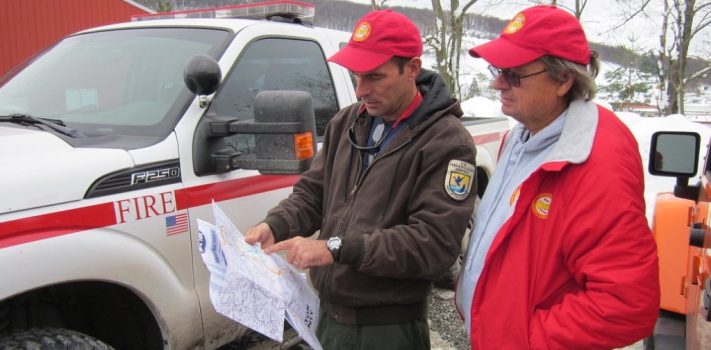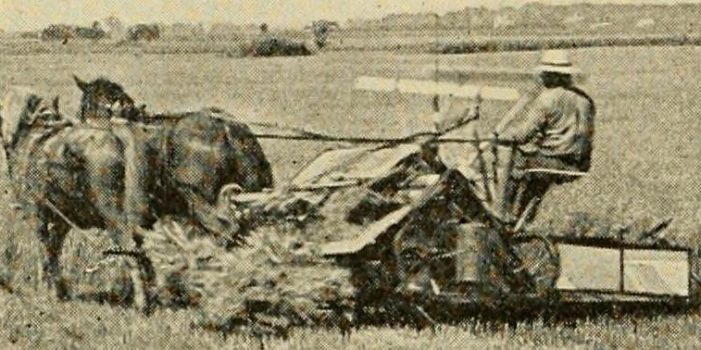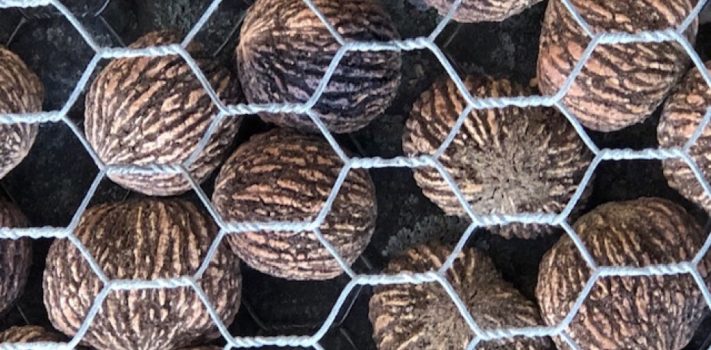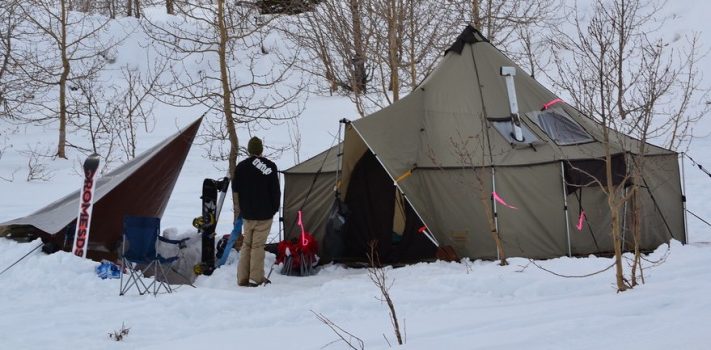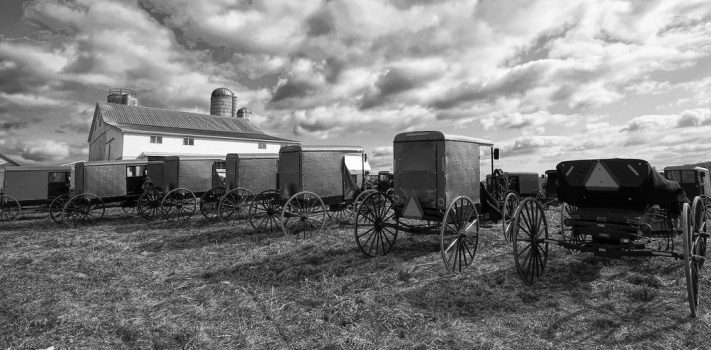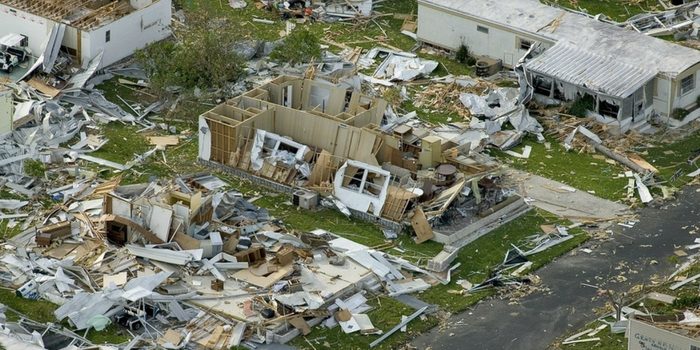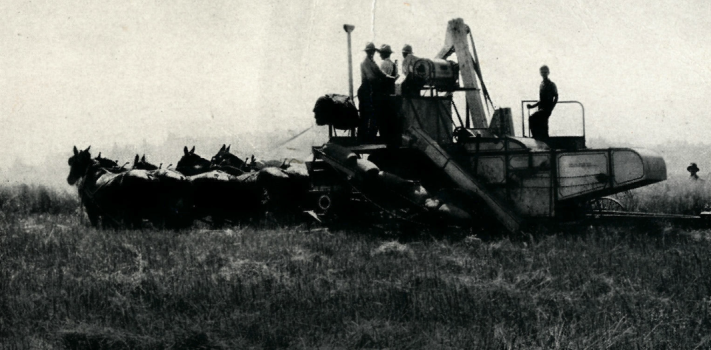Winter Plumbing Preparedness – Part 1, by A.F.
“We are out of water!” were the words my dear bride spoke as she recently awakened me at 3 a.m. Hmmm said I, as I reached for my clothes to dress and began troubleshooting the issue. Step 1, Open the faucet and listen for gurgling or sucking sounds. No noises to indicate a vacuum so likely the pump hasn’t lost prime nor has the main supply line broken. Step 2, Check the panel and make sure the breaker hasn’t tripped. The weather has been clear ie. it’s unlikely lightening is my culprit and sure enough the breaker is fine. Step …

